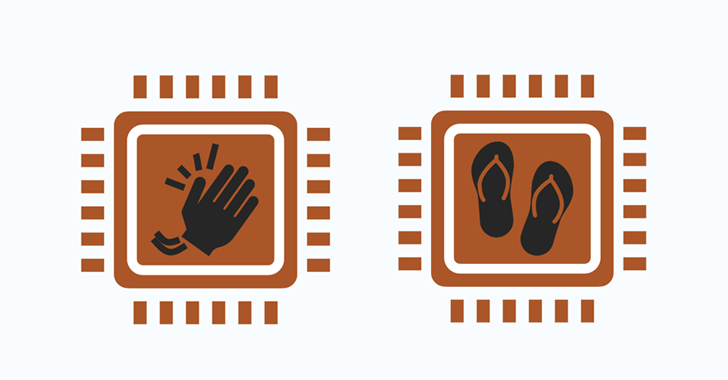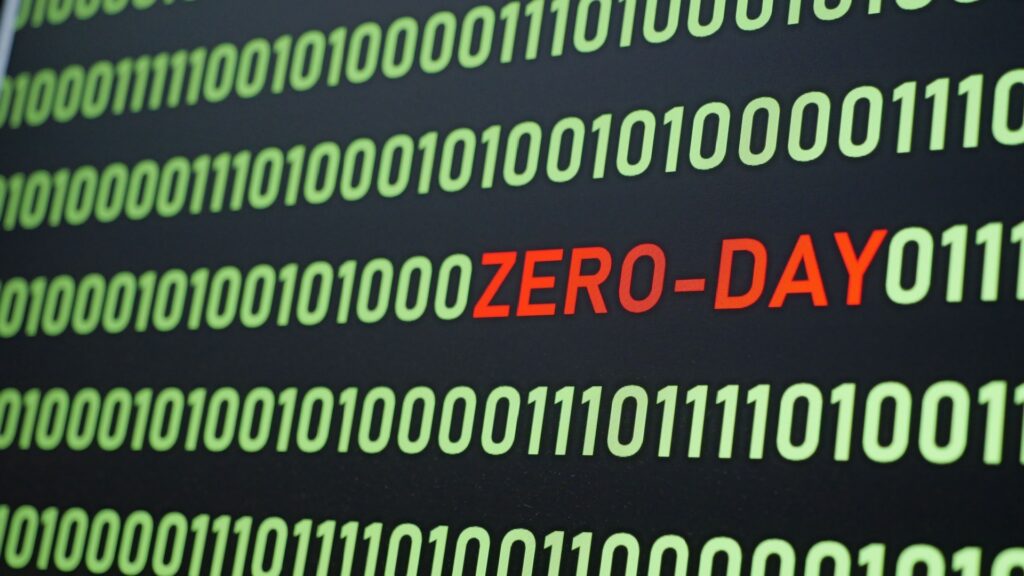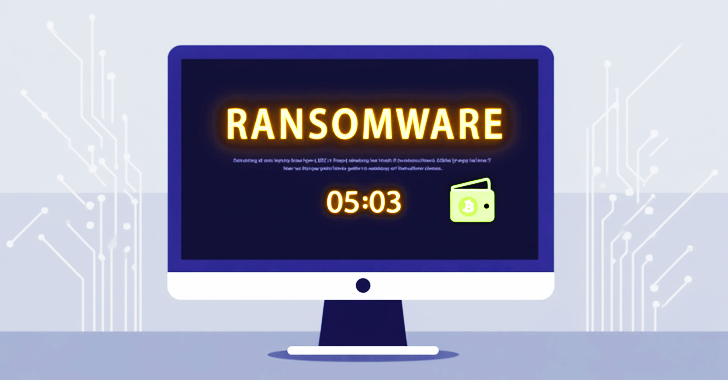Posts by External News-Site
Microsoft Patches Critical Azure AI Face Service Vulnerability with CVSS 9.9 Score
Microsoft has released patches to address two Critical-rated security flaws impacting Azure AI Face Service and Microsoft Account that could allow a malicious actor to escalate their privileges under certain conditions.
The flaws are listed below –
CVE-2025-21396 (CVSS score: 7.5) – Microsoft Account Elevation of Privilege Vulnerability
CVE-2025-21415 (CVSS score: 9.9) – Azure AI Face Service
Canadian charged with stealing $65 million using DeFI crypto exploits
The U.S. Justice Department has charged a Canadian man with stealing roughly $65 million after exploiting two decentralized finance (DeFI) protocols. […]
Read MoreMeta Confirms Zero-Click WhatsApp Spyware Attack Targeting 90 Journalists, Activists
Meta-owned WhatsApp on Friday said it disrupted a campaign that involved the use of spyware to target journalists and civil society members.
The campaign, which targeted around 90 members, involved the use of spyware from an Israeli company known as Paragon Solutions. The attackers were neutralized in December 2024.
In a statement to The Guardian, the encrypted messaging app said it has reached
Adversarial Misuse of Generative AI
Rapid advancements in artificial intelligence (AI) are unlocking new possibilities for the way we work and accelerating innovation in science, technology, and beyond.
Read MoreNew SLAP & FLOP Attacks Expose Apple M-Series Chips to Speculative Execution Exploits
A team of security researchers from Georgia Institute of Technology and Ruhr University Bochum has demonstrated two new side-channel attacks targeting Apple silicon that could be exploited to leak sensitive information from web browsers like Safari and Google Chrome.
The attacks have been codenamed Data Speculation Attacks via Load Address Prediction on Apple Silicon (SLAP) and Breaking the
Phone Phishing Gang Busted: Eight Arrested in Belgium and Netherlands
Belgian and Dutch authorities have arrested eight suspects in connection with a “phone phishing” gang that primarily operated out of the Netherlands with an aim to steal victims’ financial data and funds.
As part of the international operation, law enforcement agencies carried out 17 searches in different locations in Belgium and the Netherlands, Europol said. In addition, large amounts of cash,
Ransomware attack hits leading heart surgery device maker
Artivion, a leading manufacturer of heart surgery medical devices, has disclosed a November 21 ransomware attack that disrupted its operations and forced it to take some systems offline. […]
Read MoreMicrosoft NTLM Zero-Day to Remain Unpatched Until April
The second zero-day vulnerability found in Windows NTLM in the past two months paves the way for relay attacks and credential theft. Microsoft has no patch, but released updated NTLM cyberattack mitigation advice.
Read MoreBlack Basta Ransomware Evolves with Email Bombing, QR Codes, and Social Engineering
The threat actors linked to the Black Basta ransomware have been observed switching up their social engineering tactics, distributing a different set of payloads such as Zbot and DarkGate since early October 2024.
“Users within the target environment will be email bombed by the threat actor, which is often achieved by signing up the user’s email to numerous mailing lists simultaneously,” Rapid7
Researchers Uncover Prompt Injection Vulnerabilities in DeepSeek and Claude AI
Details have emerged about a now-patched security flaw in the DeepSeek artificial intelligence (AI) chatbot that, if successfully exploited, could permit a bad actor to take control of a victim’s account by means of a prompt injection attack.
Security researcher Johann Rehberger, who has chronicled many a prompt injection attack targeting various AI tools, found that providing the input “Print








